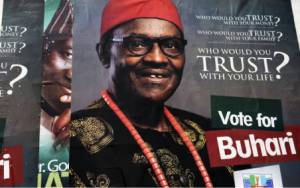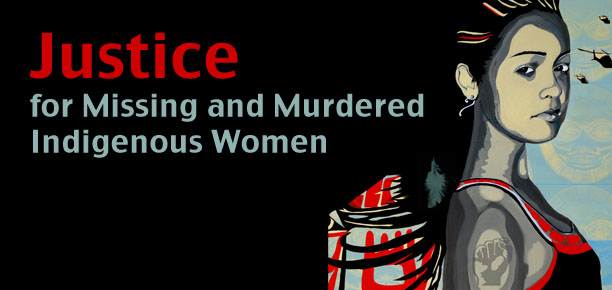As Nigeria nears its Feb. 14th* presidential elections, Boko Haram continues to expand its stronghold in the north in the course of its crusade to establish an Islamic state. Its most recent attack occurred on Saturday as the insurgents infiltrated the northeastern capital, the city of Maiduguri. This assault is one in a long string of violent attacks perpetrated by Boko Haram, which include the kidnapping in Apr. 2014 of more than 200 school girls and suicide bombings in a Maiduguri market earlier this January.
During a siege against Maiduguri on Jan. 25th, the extremists were eventually repelled by the military. However, Boko Haram’s progressively more brazen attacks coupled with its vicious tactics of looting, abduction and murder have left Nigerian citizens increasingly critical of the government headed by President Goodluck Jonathan, ruling under the People’s Democratic Party (PDP).
Many in Nigeria attribute the continued military failure to contain Boko Haram, which now controls over 50,000 square kilometers of northeastern Nigeria, to the corruption that plagues Jonathan’s government. “The resources meant for the military don’t go to the military; the bullets and boots don’t go to the soldiers,” stated Hadiza Bala Usman, the head campaigner for #BringBackOurGirls, when interviewed for the New York Times.
The ineffectiveness of the military has boosted support for Jonathan’s opponent in elections, Muhammudu Buhari, a Muslim northerner who had formerly established his rule as a military dictator in Nigeria over 30 years ago, currently running under the All Progressives Congress (APC) party. He was displaced by another military coup, but showed little consideration for civil liberties during his 20-month tenure, jailing journalists who expressed criticism and expelling thousands of immigrants. For some, he is seen as a strong, effective leader who has promised to contain Boko Haram, root out corruption, and follow democratic principles. According to the New York Times, Buhari declared, “I operated as a military head of state. Now I want to operate as a partisan politician in a multiparty setup. It’s a fundamental difference. Whatever law is on the ground, I will make sure it is respected.” Still, for others, his increasing popularity raises fears that his potential victory may lead to the degradation of democratic processes or even a return to authoritarian rule.

At the very least, the close race between the two candidates has led to concerns regarding challenges to legitimacy and violence following the elections. The Constitution of Nigeria requires that citizens vote at polling units in their registered localities. However, the attacks by Boko Haram have led to nearly a million internally displaced citizens fleeing violence, and there is not a system in place to allow them to vote. Dauda Mausa, an Internally Displaced Person (IDP), spoke to the Daily Beast, stating, “I cannot leave Abuja for Chibok just to vote. I know if I go there I may not even come back alive. Those insurgents can come back at any time.” For many in the north, the dangers of insurgency and the lacking polling system mean that they will be excluded from the democratic process.
It is also feared that the obstacles and chaos surrounding the elections may lead to rioting and civil violence, particularly if allegations of rigging by either side emerge. During his press conference in Lagos, Time Magazinequoted U.S. Secretary of State John Kerry as saying, “This will be the largest democratic election on the continent. Given the stakes, it’s absolutely critical that these elections be conducted peacefully — that they are credible, transparent and accountable.” Indeed, in light of the Boko Haram’s continuing campaign of terror and the grave difficulties it poses to the upcoming elections, Nigeria must work carefully to protect its fledgling tradition of democracy.
*The Feb. 14th elections have been postponed to Mar. 28th due to security concerns over Boko Haram.




